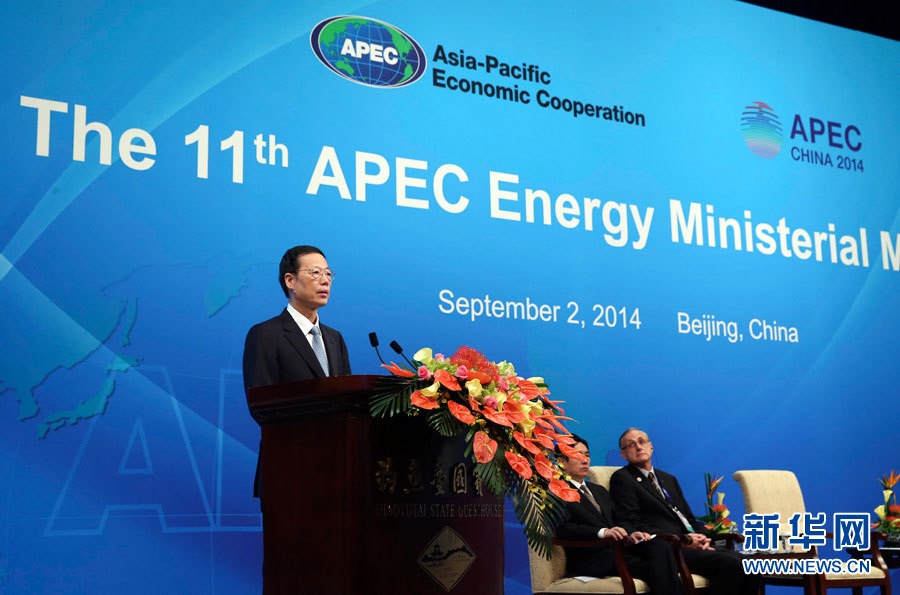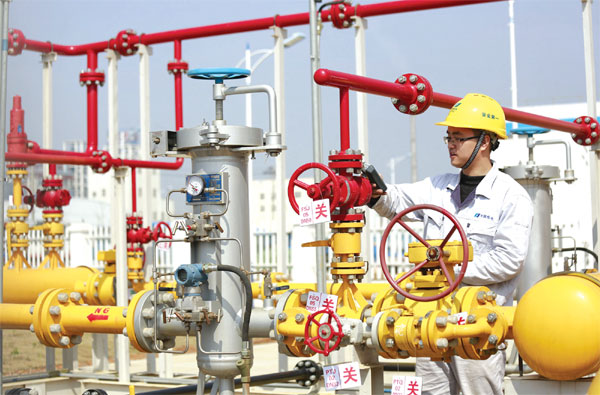Nigeria woos Chinese investors for power sector reform
Source: www.chinamining.org Citation: Xinhua Date: September 3, 2014
Nigeria said Monday that Chinese investors are welcome as its electricity transmission expansion program is now open for foreign investment in the form of public-private partnership.
Alhaji Mohammed Wakil, power minister of Nigeria, made the remarks at a meeting with leading stakeholders and investors from Chinese power industry in the capital city of Abuja.
The minister said in a statement reaching Xinhua that the investment in the Nigerian power sector will be safe and get adequate returns.
"I urge you all to participate in the planned power transmission project in Nigeria. The government of Nigeria is working out the participation of private sector in the transmission sub-sector under a public-private partnership," he said.
Wakil described the opportunities in the power transmission and renewable energy sector as "very attractive and sustainable."
"In the renewable sector, we are opened to both independent power producers and participants in the Private-Public Partnership," he added.
He stressed that investors in Nigeria should maintain high level of efficiency and standard.
Nigeria, Africa`s top oil producer and most populous country, is intensively seeking more investment in its power industry to meet growing energy demands.
About CHINA MINING
Since first held in 1999, the scope and influence of CHINA MINING has grown rapidly year by year. As a global mining summit forum and exhibition, CHINA MINING Congress and Expo has become one of the world’s top mining events, and one of the world’s largest mining exploration, development and trading platforms, covering all aspects of the whole mining industry chain, including geological survey, exploration and development, mining rights trading, mining investment and financing, smelting and processing, mining techniques and equipment, mining services, etc. playing an active promotion role in creating exchange opportunities and enhancing mutual cooperation between domestic and foreign mining enterprises.
CHINA MINING Congress and Expo 2014 will be held at Meijiang Convention and Exhibition Center in Tianjin on November 20th-23rd, 2014. We invite you to join the event and to celebrate the 16th anniversary of CHINA MINING with us. For more information about CHINA MINING 2014, please visit: m.balanzskin.com.





